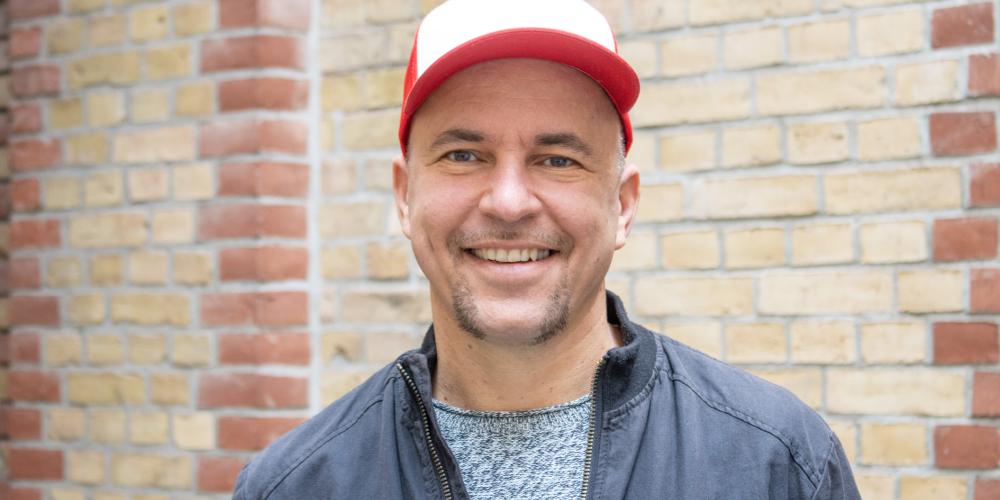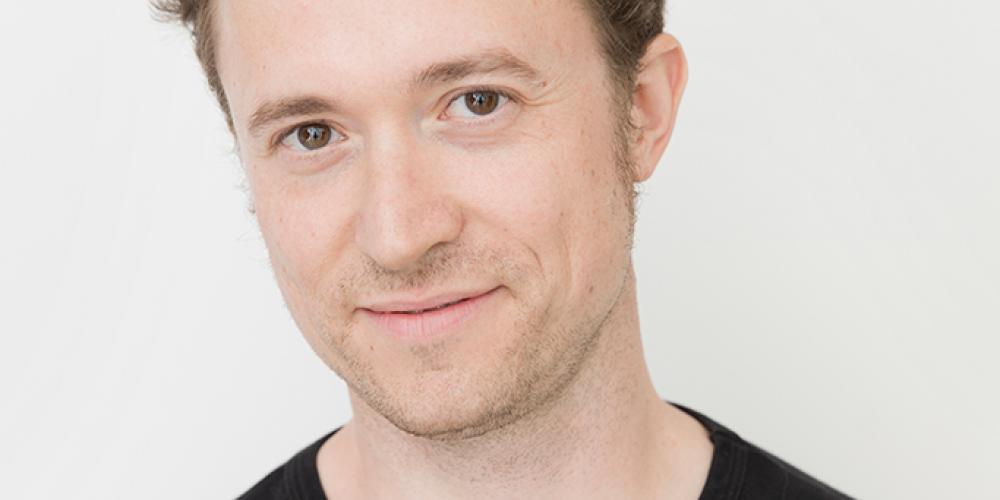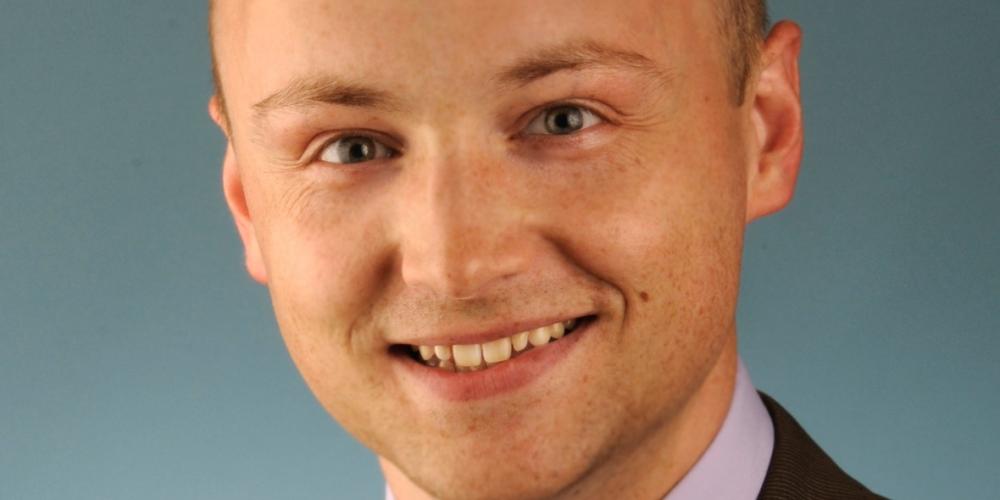Arts, Media & Entertainment
Dr. Lilge, founder of gamelab.berlin, is working on the conception and implementation of digital and analog learning and experience offerings that use playful elements to generate continuous motivation throughout the entire period of use. Examples of such offerings include serious games, i.e., serious games that pursue specific learning objectives; gamified apps, i.e., applications that contain playful aspects; digital and analog exhibits; and immersive room design that immerses the user in a captivating experience. The goal is that people, through these interactive and engaging learning methods, will be motivated to expand their knowledge and actively engage with the content. In addition to his work as a researcher on the cultural technique of games, he advises companies and organizations on the topics of gamification and human focused design.
- Conception and testing of digital prototypes
- Consulting on interdisciplinary innovation projects
Twiddle - mobile game for 8 research museums of the Leibniz Association
Polarstern 360° - Virtual and Augmented Reality Exhibition at the Bremerhaven Maritime Museum
Snapture - mobile game for teaching image literacy for the Bode-Museum Berlin
Mein Objekt - playful knowledge transfer for e.g. Humboldt-Forum Berlin, Badisches Landesmuseum, a.o.
Gamification Expert Level 3 of the Engagement Alliance and
certified Octalysis Framework user
Humboldt Forum
Charité
Dr. Stein has a lot of experience with the conception and development of serious games and gamification for knowledge transfer, especially for museums, cultural institutions and in medicine. As a Germanist and computer scientist, he masters both the conceptual and cultural perspective as well as the technical of implementation. He has led over 15 software development projects in the areas of App, VR, AR and Browser Apps. When it comes to imparting knowledge and gaining experiences, games are the medium of our time, according to Dr. Stein. As a researcher and game developer, he is particularly interested in exciting mediation challenges.
http://humboldt.gmbh/forschungskooperation
Dr. Stein develops concepts for knowledge transfer games, Serious Games and Gamification. He is also involved in software development, implementation and testing. He also offers workshops on VR and games as a cultural technique.
The following software projects were all developed iteratively and agilely in an academic context according to Dr. Stein's conception. In addition, they were tested and published under his leadership and represent a significant part of his publications.
Mein Objekt
- Mein Objekt
is an innovative museum game that enables visitors to engage in dialogue with objects, seeking to transform digital habits into cultural interest. Using machine learning and adaptive language, an adaptation of the application to the individual visitor is ensured, resulting in a personalized, interest-driven museum tour. The project was developed for the Humboldt Forum as part of museum4punkt0 and will be used there for the first time when it opens. It is developed in React Native and is used BYOD for Android and iOS.
Diary
-
Diary is a tool for exploring scientific interdisciplinary work and has been developed for the Experimantalzone of the Cluster of Excellence Image Knowledge Gestaltung to better understand interdisciplinary collaboration. It is developed for macOS in Objective-C and can record, visualize and synchronize activities such as software usage, keystrokes, activity cycles and more with a server. It is used to explore digital working practices and habits across disciplines and also benefits users in terms of self-reflection on their working practices.
iWrite
- iWrite is a gamified tool to improve scientific writing processes. It is developed for macOS in Objective-C and allows the user to organize writing processes into focused sessions, eliminate distractions, visualize progress, and schedule writing sessions. It also unlocks step-by-step tips and videos from writing experts.
BWG VR
- BWG VR is an interactive, stereoscopic 360° experience for virtual reality headsets that shows the Cluster of Excellence Image Knowledge Gestaltung in its various spaces and presents actors of the cluster exemplarily in their working environments. The connection between space, objects and people is presented and the complex configuration of different actors is made tangible.
Singleton
- Singleton is a game for integrating personal goals into everyday life and individual development based on self-imposed priorities based on theoretical principles from psychology and game studies. It is developed in Unity Mobile for Android and iOS and allows entertaining and goal-oriented microinterventions in a level system based on individually generated card decks. It is based on the Big 5 character traits and dynamically assigns specific card packs individually to the user.
ID+Lab
- ID+Lab is the prototypical front-end of a publication platform designed to publish interdisciplinary research as a network and to show connections that otherwise remain hidden. It is developed as a web application and is based on Semantic Web technologies with GraphDB in the background. Publications are modeled here as a semantic network and visualized dynamically and intuitively. A DFG research proposal to deepen the project is currently under review.
Reading Revisited
- Reading Revisited is a VR application that tests reading in virtual reality and dynamically integrates various texts into moving landscapes. It explores the question of what influence reading environments have on comprehension and memorization and whether text can be thought of as a combination of environment and reading. Texts from the cooperating publisher Merve Verlag can be read and experienced in VR and can be received in a specially developed environment.
Bee Virtual
- Bee Virtual is a collaborative VR application in which two subjects control virtual bees by gaze direction and steer them through a virtual space. It was developed in Unity 3D for Oculus Rift. This is modeled on the physical space of the Central Laboratory Room of the Cluster of Excellence Image Knowledge Gestaltung. In an experimental setting, it was investigated how objects are remembered in VR, how virtual spaces can be transferred to physical ones, and to what extent communication among the test subjects influences the remembering of environmental properties.
PlosOne Metadata Extractor
- PlosOne Metadata Extractor is a browser plugin that extracts metadata in lists of PlosOne publications including abstracts, making them processable and analyzable for text mining.
Decide & Survive
- Decide & Survive is a game that makes it possible to experience decision-making processes in foreign policy contexts and aims to investigate the influence of user interfaces on player decisions by using both aggressive and neutral interfaces and sounds. It is developed in Java with JavaFX and runs server-side via PHP.
OncoLogg
- OncoLogg is a game designed for multiple myeloma patients and their families to educate them about therapies, risks and side effects. It lets the player experience different therapy cycles and refocuses from healing to achieving life goals. The game was developed together with the Charité in Java for Android.
iglos
- iglos, or the Intelligent Glossary, is a semantic network design application intended to identify and facilitate terminology and comprehension problems in interdisciplinary academic projects. It is browser-based developed with web technology and RDF/OWL compatible.
- Workschops
Forum Junge Spitzenforscher 2013: Project Big Data for Knowledge Networks
workshop on the analysis of Twitter data for Stiftung Wissenschaft und Politik (SWP)
Professor Jäschke and his team develop and optimize methods in the areas of Big Data and Machine Learning, especially in the aplication fields of Natural Language Processing, Social Bookmarking and Recommendation Systems. This includes the Collection (e.g. through focussed Crawling), Compilation, Annotation (e.g. by means of Crowdsourcing) and Curation of suitable records (data sets).
Further, it includes the Adaptation and Improvement of appropriate Algorythms (e.g. Named Entity Recognition, Classification, Clustering, Information Extraction, etc.) culminating in the development of web-based analysis platforms.
- Hadoop-Cluster
- GPU calculator
- diverse datasets


